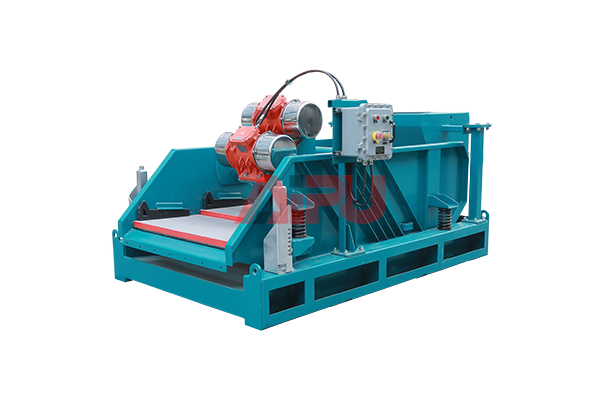Understanding the Efficiency Comparison of Solids Control Systems
Solids control systems play a critical role in drilling operations, ensuring efficient separation of drilling fluids from unwanted solids. Evaluating their efficiency requires a deep dive into key performance metrics, operational parameters, and technological advancements.
The efficiency of a solids control system is primarily measured by its ability to remove solids while minimizing fluid loss. Key factors include particle size distribution, throughput capacity, and power consumption. Modern systems leverage advanced technologies like high-G shakers and centrifuges to achieve superior performance.

When comparing systems, consider the following aspects:
1. Separation Efficiency: The percentage of solids removed from the drilling fluid. High-efficiency systems can remove up to 99% of particles above 5 microns.
2. Throughput Capacity: The volume of drilling fluid processed per hour. Larger operations require systems with higher capacity to maintain continuous operations.
3. Power Consumption: Energy-efficient designs reduce operational costs while maintaining performance.
4. Maintenance Requirements: Systems with fewer moving parts and easy-access components typically have lower downtime.
Advanced solids control systems now incorporate automation and real-time monitoring capabilities. These features allow for immediate adjustments to changing drilling conditions, optimizing performance throughout the operation.
The choice between different system configurations depends on specific drilling conditions. Shale shakers remain the primary separation device, but their efficiency can be significantly enhanced when combined with desanders, desilters, and centrifuges in a multi-stage setup.
Environmental considerations also impact efficiency comparisons. Systems that maximize fluid recovery while minimizing waste generation provide both economic and ecological benefits. Modern designs focus on reducing the environmental footprint through improved separation techniques and closed-loop systems.
Field tests and case studies demonstrate that properly maintained solids control systems can extend the life of drilling fluids by 300-400%, significantly reducing overall drilling costs. The return on investment becomes evident when considering the reduced need for fresh fluid makeup and lower disposal costs.
If your project requires solids control equipment, choose Aipu Solids Control - we believe it will be your best choice.
